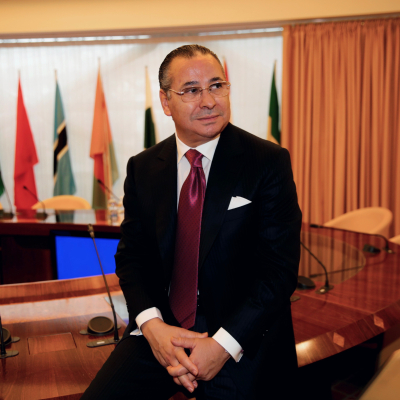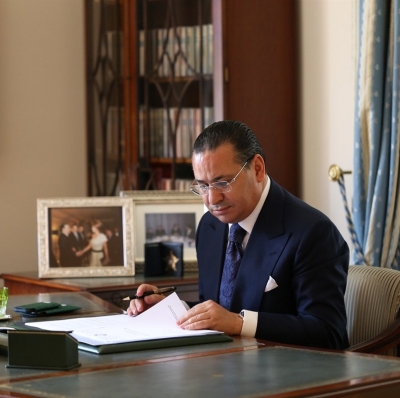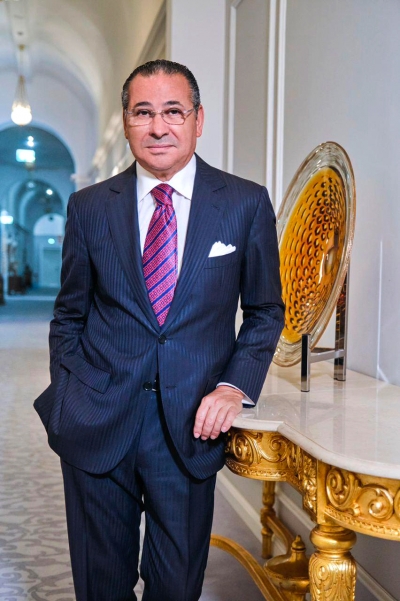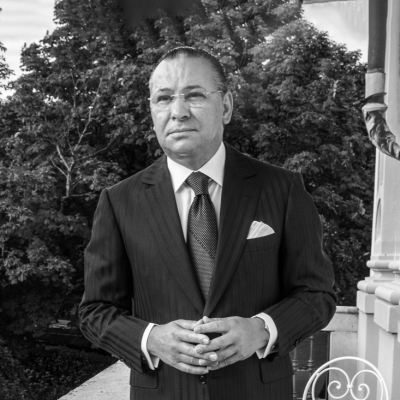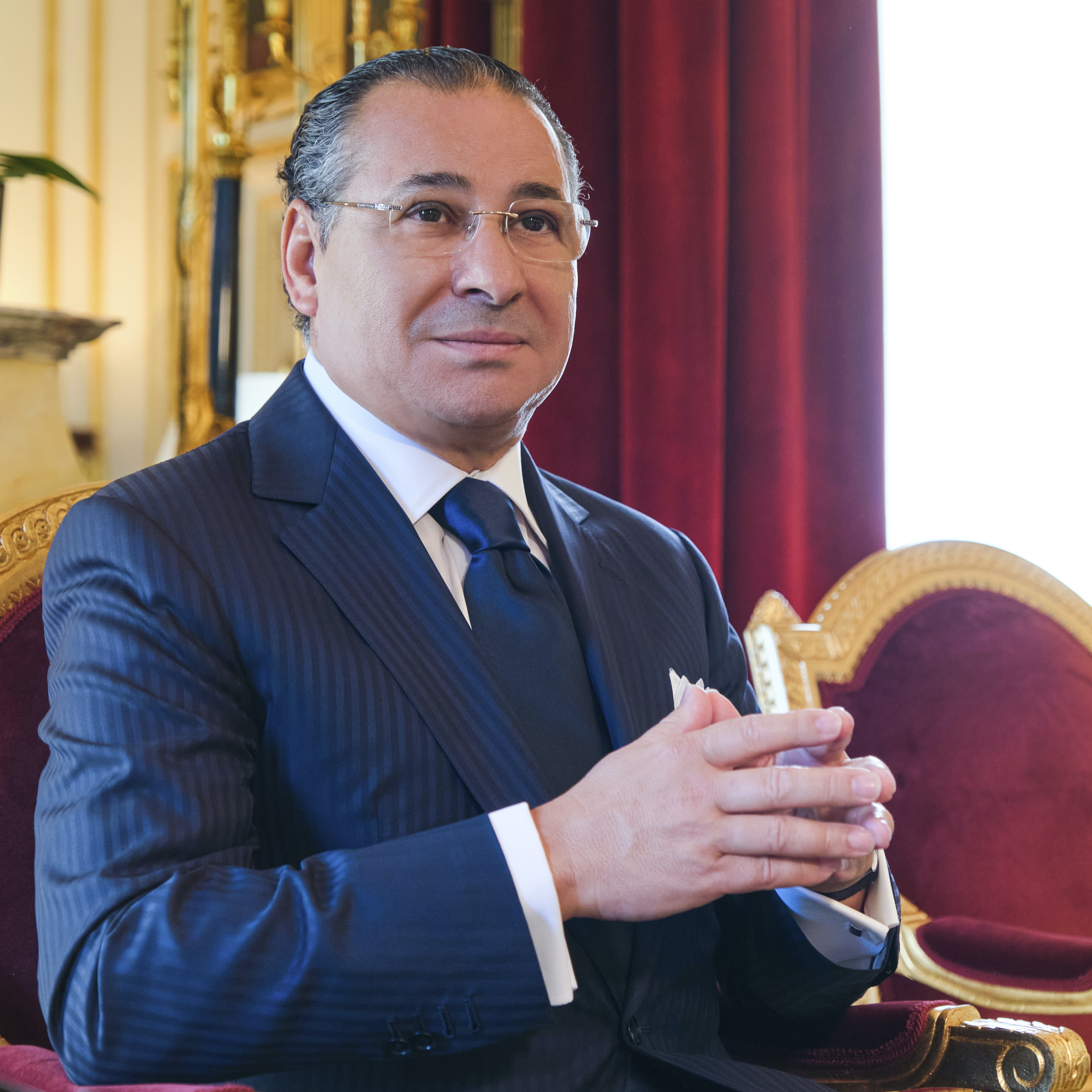
Since the dawn of civilisation money has raised deeply perplexing moral issues that have captivated both philosophers and economists throughout the course of history. That this should be so is an interesting question, after all there would be no perplexing moral quandary if society agreed that everything is done for financial gain and profit – or simply put “we are in it for the money”.
Though there have certainly been moments in which most of us have been tempted to believe that money is a ‘universal measure of value’ and it is only through money that power and status can be achieved, for the most part, history has consistently illustrated that this is neither a true nor a morally desirable belief to hold. We may not always be consciously aware of it, but moral concerns over money pervade every sphere of our society, both in the private and public realms.
Suffice to consider how distasteful we have found, throughout history, mercenary armies who offer their services to the highest bidder or governments who only seek financial profit and gain over other concerns such as environmental preservation or the general welfare of their nationals. Our response to morally abhorrent decisions can be either rejection or ambivalence depending on the circumstances. This reaction in itself is interesting.
For example, if we are to examine unethical behaviours in the world of medicine we tend to reject with hostility systems that are based on amoral decisions taken to promote profit. We prefer to adopt a more ethical or moral belief system that entails questioning the decision making process in a way that would favour the adoption more ethical medical systems. Yet, we often express moral ambivalence when it comes to our Governments willingness to accept trade agreements that provide huge financial profits from nations with morally ambiguous regimes.
We see the money made as justified if it is channelled into education, healthcare or infrastructure, in short, if it is used to improve our society. A glaring example of this moral ambiguity can be seen in the case of Libya. In a delicate diplomatic process that took over twenty years, former Libyan Leader Colonel Gadhafi provided aid for many nations and indeed seemed eager to support a myriad of causes. His request in exchange for this generosity was the rehabilitation of his nation on the world arena. Financial aid continued to flow freely until rebellion arrived, yet during those last days that shook the MENA region to its core, not one of the nations who had enjoyed financial support stepped forward to offer the beleaguered leader sanctuary.
Moral dichotomy is seemingly easy to justify as nations and institutions appear quite happy to accept development or financial aid, but seldom is such assistance unconditional. In the normal scheme of things, fidelity and loyalty would be expected in return for assistance, regardless of the conditions in which the beneficiary finds itself. Nonetheless, relationships between nations are seldom built on equality and mutual support, but rather on power, the power of one nation over another. The relationship of equals is a rarity in the community of nations, but there can be no hope for peace until there is mutual respect between any two given nations. In both the private and public spheres, there must be mutual respect for a relationship to succeed. However, mutual respect requires a certain degree of trust.
If one nation chooses to invest in another nation, the investing nation needs guarantees that its investments will not only be safe, but also remain accessible at all times. If the beneficiary nation refuses to allow the withdrawal of an investing nation's funds and assets then a relationship of trust and respect is improbable. Coercion is not a relationship built on trust or friendship. Coercion forces one party to comply with the views of another party. Consequently, there can be no true relationship in such instances. Broken trust is difficult to rebuild and broken relationships are difficult to mend.
Deep wounds take generations to heal, and the scars of history tend to remain in present memory. I can comprehend the application of sanctions in extremis, however, find it difficult to accept that it would be possible for any given nation to consider the other as a reliable and knowledgeable partner if the primary communication is not dialogue and respect but coercion; and it is an irrefutable fact that sanctions are coercive. As countries rebuild their political and economic structures they need to choose their partners carefully. Those partners need to be selected on the basis of shared values and a shared understanding of the world.
They need to make their investments in nations that will treat them with respect, even when there may be a strain in the relationship. A nation cannot be rebuilt easily if the threat of compliance to the views of others hangs over it like the sword of Damocles.
Kamel Ghribi
